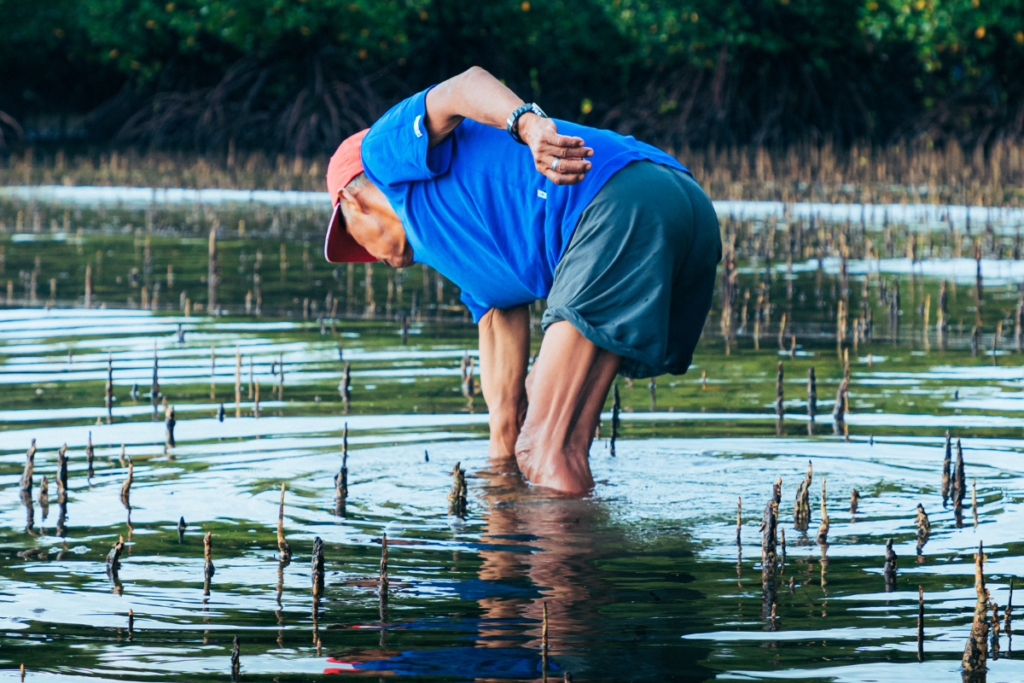January 25, 2024
The inaugural session of the Sub-Committee on Fisheries Management unfolded virtually from January 15 to 18, 2024. Established in 2022 by the Committee on Fisheries (COFI) of the Food and Agriculture Organization (FAO), this subcommittee emerged to facilitate in-depth discussions on fisheries management with special consideration for small scale fisheries (SSF). From its inception, the International Planning Committee for Food Sovereignty (IPC) opposed the Sub-Committee, as outlined in COFI 35’s statement: “We express concern that such a sub-committee may not adequately address the overarching issues related to small-scale fisheries, which extend beyond mere management to encompass broader aspects such as social development, human rights, and property rights in marine and inland fisheries[1].” Chaired by Mr Stefán Ásmundsson the Sub-Committee’s initial sessions differed markedly from the experience at the last COFI 35, where strict time constraints were imposed on observers, even leading to their exclusion due to time limitations. In contrast, the Sub-Committee Chair, in this case, effectively enables observers to voice their opinions. Although the initial Sub-Committee session went smoothly, subsequent discussions validated IPC’s concerns. Government statements disproportionately emphasized fisheries management, concentrating on financial, technical, and institutional challenges. This narrow focus overlooked the holistic nature of small-scale fisheries, intricately linked to a way of life, cultural heritage, and the livelihoods of coastal and inland communities. Recognizing this broader perspective is essential for sustaining life, upholding fundamental human rights, and ensuring food security for millions. The agenda included discussion on the following items:
- Current fisheries management practices with special consideration for small-scale fisheries (Item 2)
- Illegal, unreported and unregulated (IUU) fishing in the context of effective fisheries management (Item 3)
- Mainstreaming biodiversity in fisheries management (Item 4)
- Climate change and fisheries management (Item 5)
In general, only a handful of governments acknowledged and referenced the Small-Scale Fisheries (SSF) Guidelines, emphasizing the imperative to advocate for their implementation. Not surprisingly, there was an absence of any mention regarding the 10th anniversary of the SSF Guidelines and a people-centered discussion, placing SSF at the centre and building on a bottom-up approach, was notably absent. Regarding the crucial agenda item No. 2, which focused on Current Fisheries Management Practices with an emphasis on small-scale fisheries, the SSF Guidelines were involved, albeit with a cautionary note about the potential for duplication and conflicts with the Fisheries Management Guidelines under development by the Food and Agriculture Organization (FAO). Some delegations stressed the need to better clarify what is meant by small-scale fishing and what is not. Moving on to Item 3, which centred on Illegal, Unreported, and Unregulated (IUU) fishing, the discourse reverted to a more technical and statistical dimension. Government delegations welcomed FAO’s release of technical guidelines on methodologies and indicators for assessing the extent and impact of IUU fishing. The Governments called for increased FAO support in areas such as the Port State Measures Agreement (PSMA), Marine Stewardship Council (MSC) systems, and data collection and analysis to facilitate the exchange of information. Strikingly, few participants highlighted the potential role of small-scale fisheries in combating IUU fishing, a point underscored by the IPC in its statement. As it happened during COFI35, the potential risk of including some type of SSF into the IUU Fishing was not taken into consideration by Governments. This raised concerns for the IPC, leading us to request acknowledgment of the Customary and Tenure and collective rights of SSF communities and IPs whereas a national definition of SSF is not available. The discussion on biodiversity within the Subcommittee was intricately linked to the Kunming-Montreal Global Biodiversity Reference Framework and the alignment with FAO’s Strategy for Integrating Biodiversity into Agricultural Sectors. Government delegations summarized key actions taken at the national level to safeguard biodiversity and achieve Global Biodiversity Framework (GBF) targets. Some governments called for the integration of indigenous, traditional, and local knowledge into biodiversity conservation and protection plans, but examples on how it was done at national level were limited. Once again, the invaluable role of SSFs and Indigenous Peoples as custodians of coastal seas and inland waters was overlooked, alongside the potential adverse effects caused by national-level conservation plans, in particular how Blue Economy is a significant driver of biodiversity loss and consequently climate change impact. The concluding discussion centred on climate change and fisheries management. All Governments stressed the significance of the latest COP agreements and welcomed FAO’s efforts to align to the international climate change agenda and to integrate climate change into fisheries management. The Sub-Committee recognised the vulnerability of artisanal fishers and Indigenous Peoples to climate change as well as the vital role of fisheries in providing climate solutions, calling for a holistic approach to address these challenges. But once again the Sub-Committee missed opportunities to discuss the intricate connection between the Blue Economy and the impacts of climate change. Additionally, there was a missed opportunity to shed light on how various development projects pose threats to natural fisheries habitats as for example the conversion of fertile agricultural fields and mangroves into shrimp farms, or the involvement in mining activities in coastal and inland regions. The next session of the Sub-Committee on Fisheries Management will take place in 2026 in person. — The IPC’s and other delegations’ statements are available on: FAO The final report of the first Subcommittee on Fisheries Management is still not available online.
